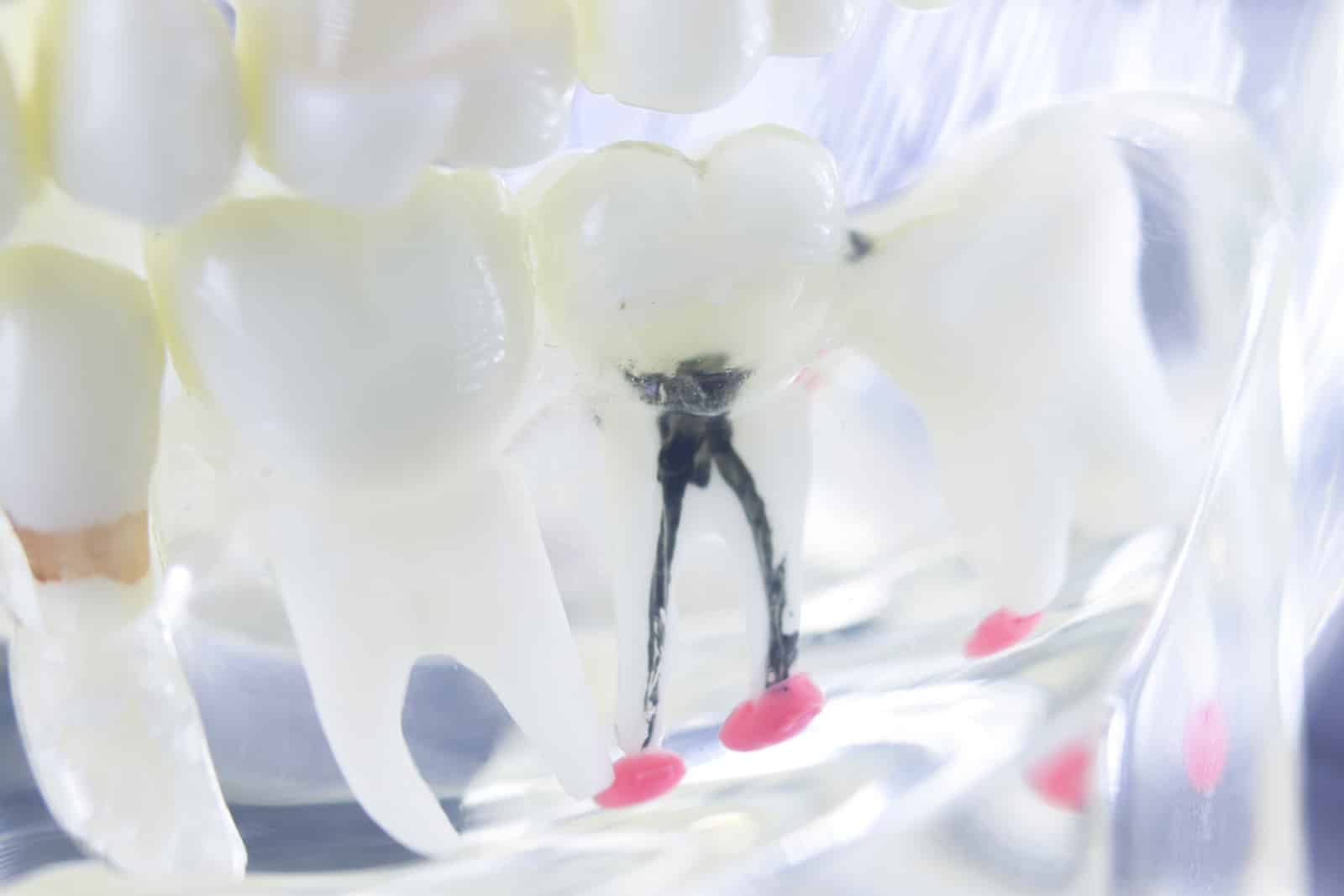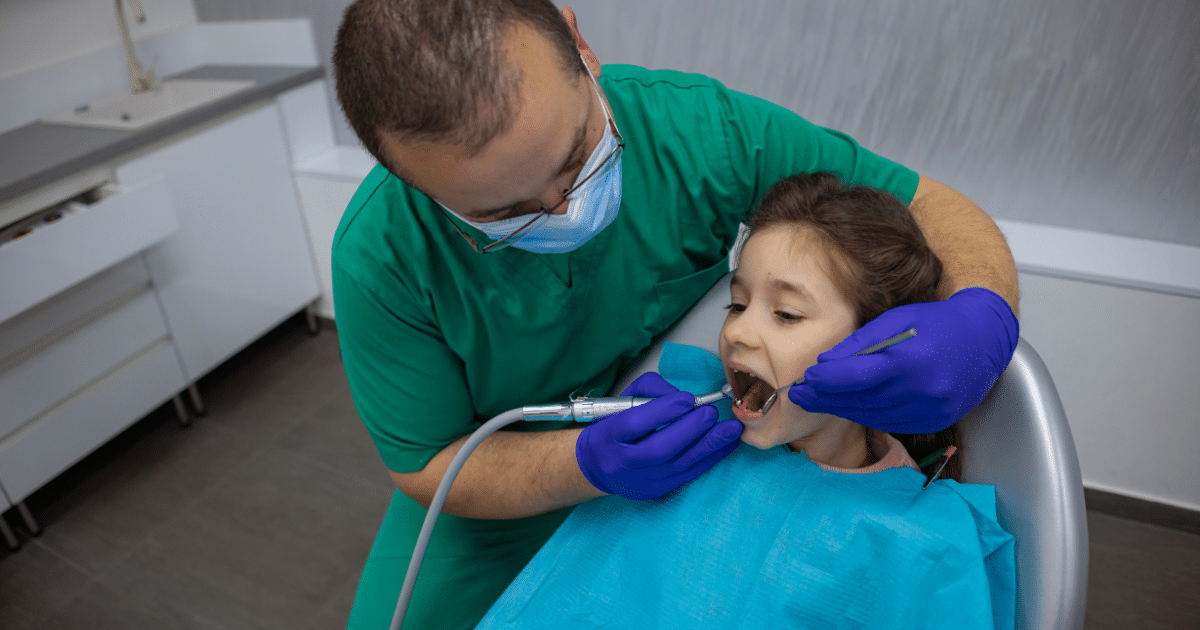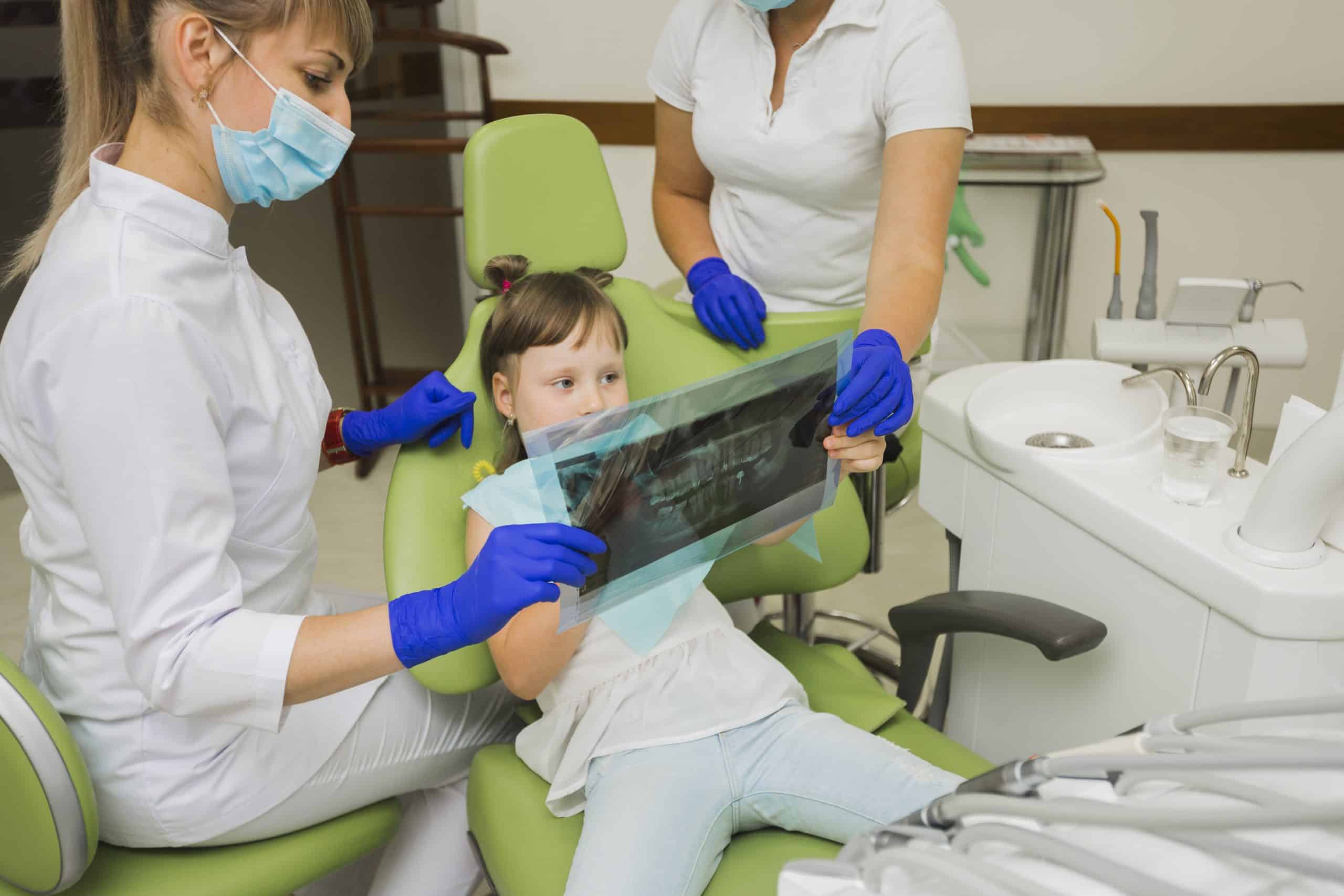Book now

Pediatric Root Canal Treatment Aftercare: Tips For A Smooth Recovery

Pediatric Root Canal Treatment Aftercare: Tips For A Smooth Recovery
The road to pediatric root canal aftercare can be intimidating for any parent. However, ensuring your child’s quick recovery is critical. This article reveals the key to a quick recovery, providing helpful hints that make the post-treatment phase a breeze. We’ve got you covered on everything from dealing with initial discomfort to navigating nutritional options and preserving dental cleanliness. Understand how a little extra caution and care may turn this experience into a good step toward your child’s long-term dental health and a bright, pain-free smile.
Understanding Pediatric Root Canal Treatment:
This is a technique that removes damaged pulp, which contains blood vessels and nerves, from a child’s tooth. It is advised for children who have severe cavities or infections, as tooth decay, injury, or infection can cause pulp damage. The treatment usually takes about an hour. However, it can be divided into segments for youngsters who cannot sit still. Sedation therapy is also an option for keeping the youngster quiet throughout treatment. The surgery is advised for children who are having dental discomfort, fever, or edema.
When Root Canals Are Required In Children:
This therapy is a routine operation for both primary and permanent teeth, and it is frequently required to avoid permanent tooth loss. They are especially useful for children and adults who have a severely damaged, diseased, or abscessed tooth. Tooth loss can also affect speech and eating, as well as the entire operation of the jaws and tongue. As a result, this treatment is an important option for those who want to keep their teeth healthy.
Post-Procedure Comfort:
Your kid may have minimal pain or discomfort following a pediatric root canal treatment, which may be treated with over-the-counter pain medicines prescribed by your dentist. For the best results, parents should take the medicine as directed. Most children can also ease discomfort with over-the-counter pain medications formulated particularly for children. If parents have issues regarding the appropriate medicine, they can seek answers and advice from their pediatric dentist.
Dietary Considerations:
To prevent exerting too much pressure on the tooth’s pediatric root canal treatment in Tinley Park, IL, it is advised to take soft, readily chewable foods such as yogurt, mashed potatoes, and smoothies. Avoid sticky or hard foods that may cause damage to the recovering tooth. Continue to consume soft foods until the numbness wears off; soft meals are gentler on the teeth as swelling declines and sensitivity decreases. Pruning fruit, mashed vegetables, soft fruits, fruit juice, scrambled eggs, oatmeal, cottage cheese, pudding, yogurt, noodles or spaghetti, rice, finely ground meat, soups, white bread, gelatin dessert, and ice cream or sherbet are all kid-friendly meals to consume after a this treatment.
Oral Hygiene Matters:
Maintaining proper dental hygiene is critical for a successful root canal recovery. Encourage your youngster to brush and floss gently, avoiding the treated tooth for the first several days. If your dentist recommends a specific mouthwash, use it. To avoid further harm, continue with your usual regimen, using a soft-bristled toothbrush and gentle strokes. Avoid using alcohol-based mouthwashes for a few days while your tissues mend.
Following Trauma Care Instructions:
For the following 3-4 days, the doctor advised rest, no contact sports or PE, and a gentle diet. Children’s Tylenol or Motrin may be used to relieve discomfort. For the first day or two, alternate drugs every 4-6 hours. After eating, carefully clean the afflicted area. Make sure you get enough rest and avoid activities that might harm your teeth. A few calm days might help you recuperate faster.
Follow-Up Appointments:
The importance of follow-up appointments in your child’s post-pediatric root canal journey cannot be overstated. Regular dental check-ups are critical for monitoring the healing process and resolving any issues that may occur. These sessions let you confirm that the treated tooth is on the road to recovery. By regularly attending these follow-ups, you not only exhibit a dedication to your child’s dental health, but you also enable the dentist to respond quickly, ensuring that any potential difficulties are nipped in the bud. The key to a successful and smooth recovery is consistent follow-up.
Finally, handling the aftermath of this treatment necessitates vigilance and caution. By following our practical aftercare advice, you may help your kid heal quickly and grin brightly again. Remember that your dentist is a valuable ally on your trip, so make the most of your frequent check-ups. You secure not only a healed tooth but also the foundation for lifetime dental health by combining comfort, patience, and professional instruction. Your dedication to their well-being today lays the groundwork for a future filled with confident smiles and the guarantee of excellent dental care.







